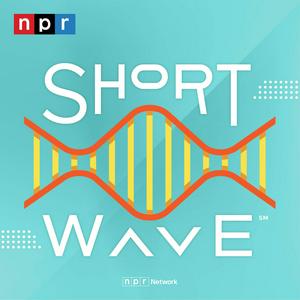Over half a billion people live by lakes that freeze over in the winter. But as the climate warms, those lakes are losing whole days of ice cover. Winters are also getting weirder, with more intense temperature swings that lead to multiple freezes and thaws. Those fluctuations make the ice less safe, and more likely for people to fall through as they walk. So, today, producer Berly McCoy gets into how these changes are altering culture, community and safety on the ice – plus, how firefighters train for rescues.
This is the first in a two-part series on how lake ice is changing. Check out Monday’s episode for part two!
Check out photos from Berly’s reporting trip to Madison, Wisconsin.
Interested in more winter science? Email us your question at
[email protected].
Listen to every episode of Short Wave sponsor-free and support our work at NPR by signing up for Short Wave+ at plus.npr.org/shortwave.
To manage podcast ad preferences, review the links below:
See pcm.adswizz.com for information about our collection and use of personal data for sponsorship and to manage your podcast sponsorship preferences.
Learn more about sponsor message choices: podcastchoices.com/adchoices
NPR Privacy Policy


